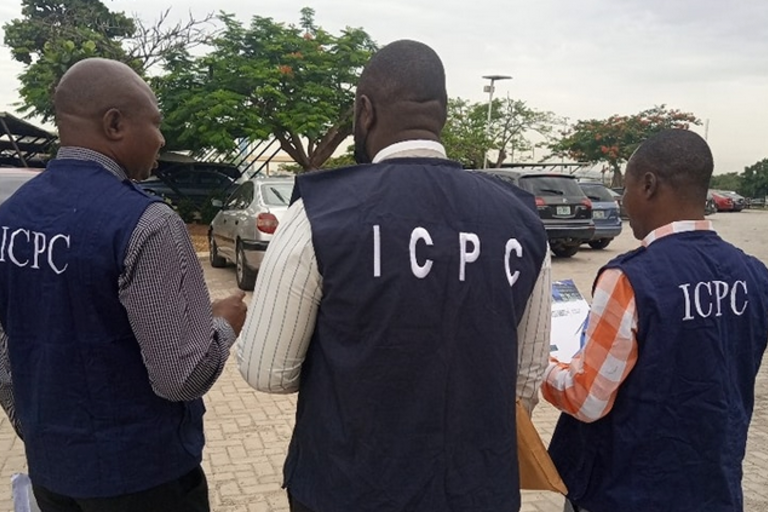In a sweeping crackdown that’s rattled Nigeria’s higher education sector, the Independent Corrupt Practices and Other Related Offences Commission (ICPC) has launched a full-scale investigation into massive financial discrepancies linked to the Nigeria Education Loan Fund (NELFUND).
The probe, triggered by reports of irregularities in the student loan scheme, has already implicated no fewer than 51 tertiary institutions in what appears to be a coordinated pattern of illegal deductions from student funds. These unauthorised charges reportedly ranged from N3,500 to as much as N30,000 per student—sums that were quietly skimmed off institutional fees disbursed through the NELFUND programme.
At the heart of the scandal lies a staggering financial mismatch. While the Federal Government had earmarked N100 billion for the student loan scheme, preliminary investigations revealed that only N28.8 billion had actually reached the students. That leaves a gaping N71.2 billion unaccounted for—fuel for the ICPC’s intensifying inquiries.
Acting swiftly, the Commission’s Chairman’s Special Task Force issued formal invitations and investigation letters to top government finance officials, including the Director General of the Budget Office, the Accountant General of the Federation, and senior personnel from the Central Bank of Nigeria. Also summoned were the Chief Executive Officer and Executive Director of NELFUND.
According to ICPC findings, by 19 March 2024, NELFUND had received a total of N203.8 billion. The funds included allocations from the Federation Account (N10bn), the Economic and Financial Crimes Commission (N50bn), and a combined N143.8bn from the Tertiary Education Trust Fund.
Yet, only N44.2 billion had been disbursed to 299 institutions as of the Commission’s last check, benefitting 293,178 students. With such glaring gaps in financial records, the ICPC has now extended its probe to the institutions and individual student recipients involved in the scheme.
“The Commission has established clear discrepancies in the student loan disbursement process and is determined to trace every kobo,” and ICPC spokesperson confirmed.
As investigations continue, stakeholders and the public alike await further revelations—and possible prosecutions—that could reshape the future of student funding in Nigeria.











